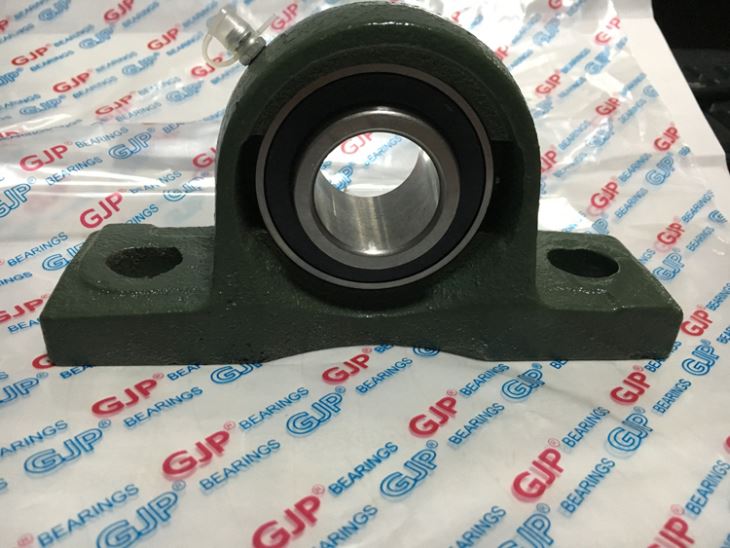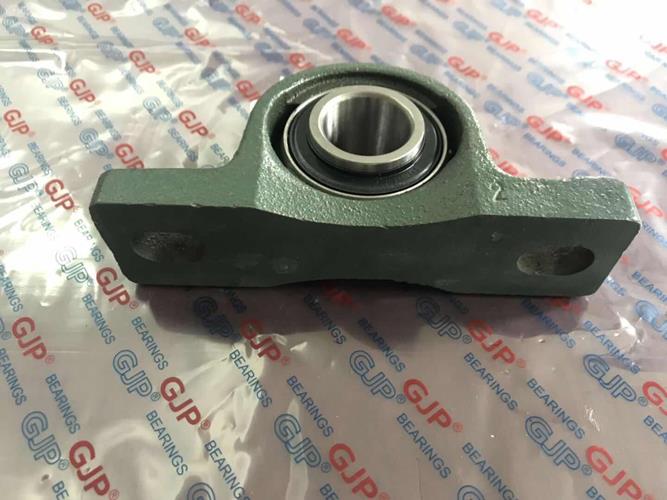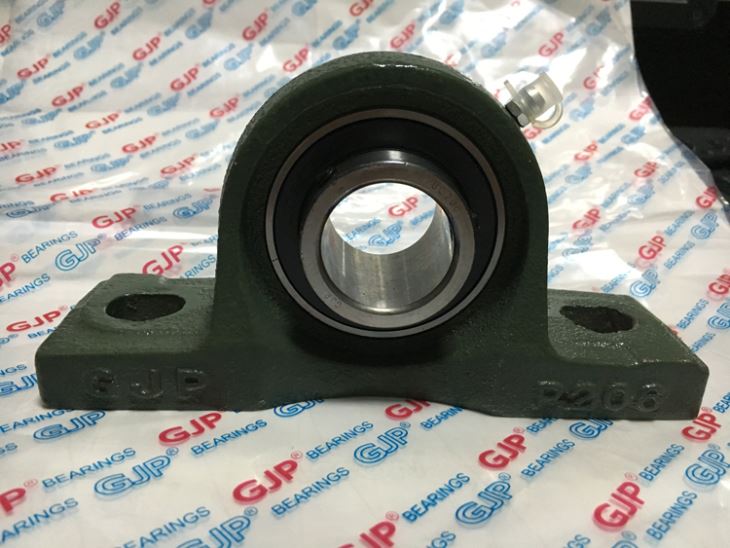Bearings are a key component of any rotating machinery. Their primary function is to support rotating shafts while reducing friction to facilitate smooth movement. Due to the vital role bearings play in machinery, it is important to check them regularly for any issues, as well as to ensure that maintenance is being carried out as planned. If you notice that your bearings are suddenly becoming noisy, you might be wondering what’s going on.
Why is your bearing making noise and what should you do about it?

What causes bearing noise?
If your bearings suddenly start making noise during operation, you have a bearing problem. The excessive noise you hear is produced when a bearing’s raceways become damaged, causing the rolling elements to bounce or rattle as they spin. There are many different causes of bearing noise, but the most common is contamination. It may be that contamination occurred during bearing installation, and particles remained on the raceways, causing damage to the bearing when it was first run. During the lubrication of bearings, shields and seals can become damaged, rendering them ineffective at keeping contaminants out – a particular problem in highly polluted environments. During the lubrication process, contamination is also common. During relubrication, foreign objects may get stuck on the end of the grease gun and enter the machine. These foreign particles get into the raceways of the bearing. As the bearing begins to run, the particles will begin to damage the raceways of the bearing, causing the rolling elements to bounce or rattle and create the noise you hear.
What should you do if your bearing starts making noise?
Noise from bearings may sound like whistling, rattling, or growling. Unfortunately, when you hear this noise, your bearing has failed and the only solution is to replace the bearing as soon as possible. You may find that adding grease to the bearing reduces noise. That means it’s fixed the problem, right? Unfortunately, that’s not the case. Once the bearings start to make noise, adding grease will only cover up the problem. It’s like putting plaster on a stab wound – it needs urgent attention, and the noise will just return. You can use condition monitoring techniques such as vibration analysis or thermal imaging to predict when a bearing is likely to fail catastrophically and calculate the latest point in time at which it can be safely replaced.
How to Prevent Bearing Failure
It may be tempting to replace a failed bearing and continue your daily business operations. However, it is important to not only replace the bearings but also to look for the root cause of the failure. Performing a root cause analysis will identify the root problem, enabling you to take mitigation actions to prevent the same problem from recurring. Ensuring you are using the most effective sealing solution for your operating conditions and checking the condition of the seals every time maintenance is performed can help keep contaminants out. It’s also important to make sure you’re using the correct installation tool for your bearings. This will help prevent damage during the installation process.
Monitor your bearings
Ongoing monitoring of your bearings gives you the best chance of quickly identifying and resolving potential bearing problems. Condition monitoring systems are a great way to keep checking on the health of your machines. This can range from stroboscopes and vibration sensors to complete condition monitoring systems that integrate seamlessly with your machinery for remote monitoring. Even more important news If your bearing suddenly becomes noisy during operation, it has failed. It may still be able to function at the moment, but it will be getting closer and closer to catastrophic failure. The most common cause of noisy bearings is contamination that can damage the raceways of the bearing, causing the rolling elements to bounce or rattle. The only way to fix noisy bearings is to replace the bearings. Applying grease will only cover up the problem.
Related Products



